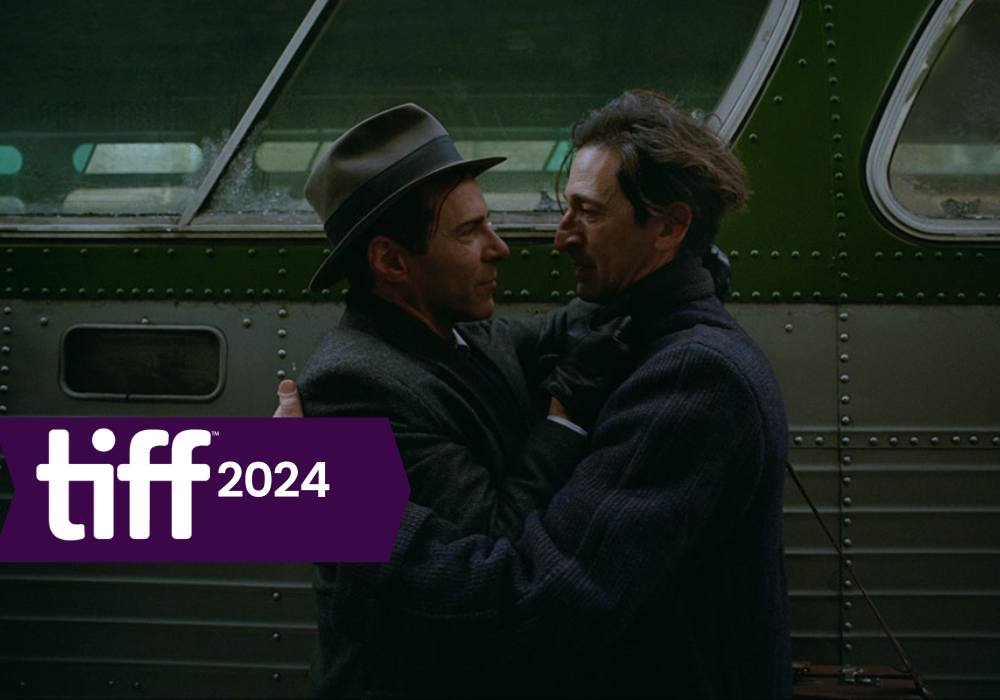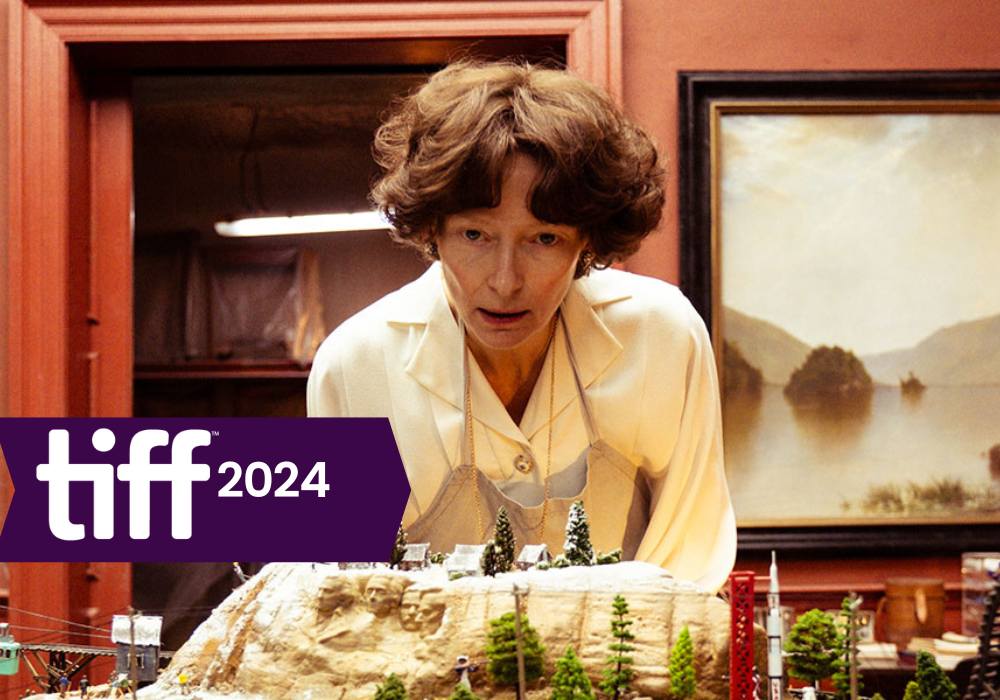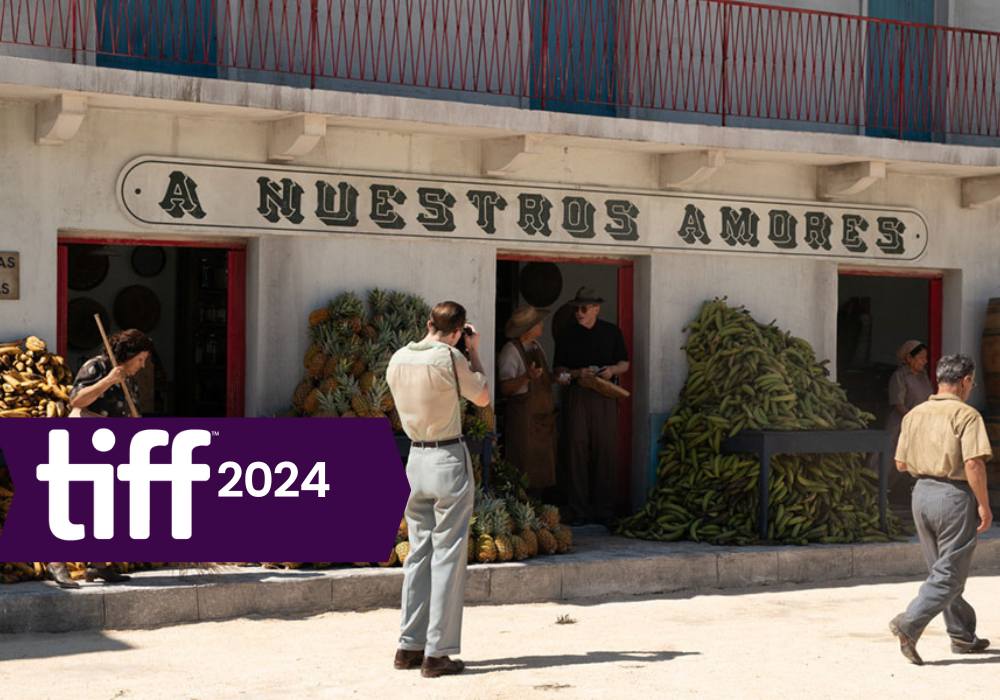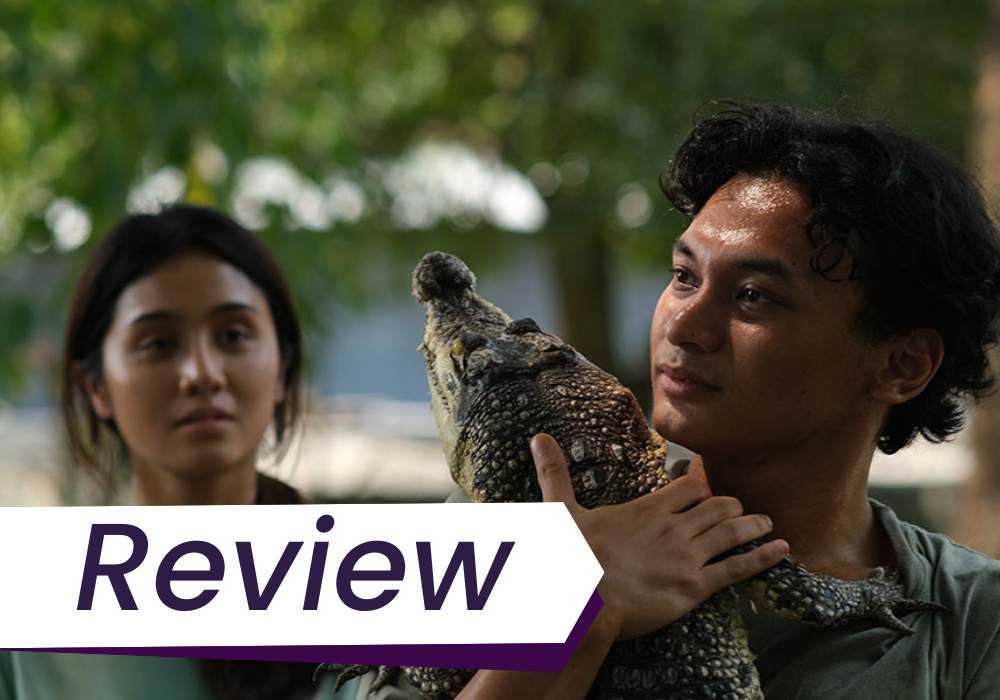Alex interviews legendary theatre director Marianne Elliott about directing for stage vs. screen and her first film, The Salt Path.
TIFF 2024
TIFF 2024 Ep. 9: Brady Corbet’s 4-hour fictional architect biopic The Brutalist
Angelo Muredda joins Alex to discuss Luca Brady Corbet’s fictional architect biopic The Brutalist.
TIFF 2024 Ep. 8: Joshua Oppenheimer’s post-apocalyptic musical The End
Angelo Muredda joins Alex to discuss Luca Guadagnino’s Queer, which adapts the William S. Burroughs novel of the same name.
TIFF 2024 Ep.7: Luca Guadagnino’s Queer with Angelo Muredda
Angelo Muredda joins Alex to discuss Luca Guadagnino’s Queer, which adapts the William S. Burroughs novel of the same name.
TIFF 2024 Film Review: Tumpal Tampubolon’s Crocodile Tears
Alex Heeney reviews Crocodile Tears, a genre-inflected debut feature about a toxic mother-son relationship, from Indonesian filmmaker Tumpal Tampubolon. The film is one of the best sales titles at TIFF 2024.
TIFF 2024 Film Review: Lina Vdovîi and Radu Ciorniciuc’s Tata
Alex Heeney reviews the personal documentary film Tata by Lina Vdovîi and Radu Ciorniciuc. The film follows Lina as she reconnects with her estranged father and begins to ponder the origins of her intergenerational trauma and how to prevent passing it on to the daughter she’s expecting. Tata is one of the best sales titles at TIFF 2024





